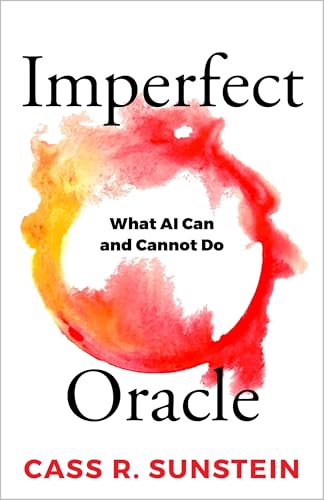Open Source:
Beginner: Accessible Introductions
UNESCO Media and Information Literacy Curriculum
Teaches how to analyze news, social media, and information sources. Practical and global, designed for everyday citizens.Library of Congress – Teaching with Primary Sources
Hands-on tools for evaluating documents, spotting bias, and questioning evidence. Especially good for teachers, students, and first-time learners.Wikiversity – Critical Thinking Portal
Community-built learning modules on argument, reasoning, and problem solving. Short and approachable.
Intermediate: Deep Reference Works
Internet Encyclopedia of Philosophy (IEP)
Peer-reviewed essays written for learners, covering key thinkers and concepts. Easier to read than many academic texts, but detailed.Stanford Encyclopedia of Philosophy (SEP)
Continuously updated academic resource. Dense but authoritative, best for deep dives into specific topics.Project Gutenberg – Classic Texts
Foundational works on democracy, freedom, and reasoning. Best for readers who want to see how critical thinking traditions developed.
John Stuart Mill, On Liberty: https://www.gutenberg.org/ebooks/34901
John Dewey, Democracy and Education: https://www.gutenberg.org/ebooks/852
Plato, The Republic: https://www.gutenberg.org/ebooks/1497
Advanced: Structured Learning Courses
Open Yale Course – Moralities of Everyday Life
https://oyc.yale.edu/psychology/psyc-123
Explores moral decision-making and everyday reasoning. Psychology-based and easy to follow in lecture format.MIT Open Course – Introduction to Philosophy
https://ocw.mit.edu/courses/linguistics-and-philosophy/24-00-problems-of-philosophy-fall-2019/
Introduces philosophical problems and methods, with emphasis on questioning assumptions and logical analysis.Open Yale Course – Introduction to Political Philosophy
https://oyc.yale.edu/political-science/plsc-114
Uses classic texts to explore ideas of justice, freedom, and democracy. Good bridge between abstract thought and civic discourse.
Dialogue & Civic EducationBraver Angels – Workshops & Training
https://braverangels.org/what-we-do/workshops/
Offers public workshops that teach skills for depolarizing conversations and constructive listening.More in Common – Reports & Research
https://www.moreincommon.com/our-work/
Publishes accessible research on division and social cohesion, designed to inform educators, media, and community leaders.Essential Partners – Dialogue Resources
https://whatisessential.org/resources
Free guides and case studies on structuring conversations across deep divides.Resetting the Table – Training & Curriculum
https://www.resettingthetable.org/resources
Educational resources and structured facilitation methods for communities learning to navigate tough issues.Bridge Alliance – Learning Hub
https://www.bridgealliance.us/resources
A curated collection of civic education materials from dozens of partner organizations.
Counter-Extremism & Media Literacy
Moonshot – Research & Reports
https://moonshotteam.com/research/
Publishes open-access reports on online radicalization and prevention strategies.Beyond Conflict – Resources
https://beyondconflictint.org/resources/
Educational tools applying psychology and neuroscience to reduce division.UNESCO – Preventing Violent Extremism Education
https://en.unesco.org/preventing-violent-extremism
Global curriculum and teaching frameworks for building resilience to extremist narratives.Search for Common Ground – Resources & Publications
https://www.sfcg.org/resources/
Offers toolkits and guides for educators and community leaders to promote dialogue and peace education.U.S. Institute of Peace (USIP) – Training & Courses
https://www.usip.org/academy
Free online courses on mediation, conflict resolution, and peacebuilding skills.







